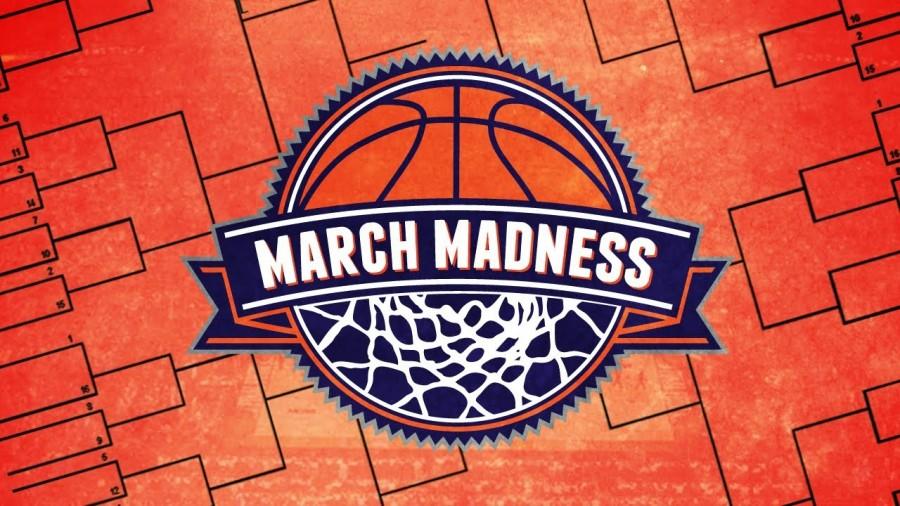The Madness Returns
March 18, 2016
As students trickle back into the classrooms after a relaxing spring break, everyone gears up to put forth maximum effort in the next few weeks to start the fourth quarter off right. Are they looking to get a jump-start on grades and finally secure that 4.0 of their dreams? Hell no, it’s game time. You might have heard it, the low rumble of an excited class watching the game on the projector in a dead period, the gasps of exasperation all let out at once when a 12 seed beats the best 5 seed in the tournament. You may have even noticed an entire elective go to the team room during class to watch the Tech vs. Butler game, but if anyone asks, I didn’t see anything.
So what makes March so mad? Between spring break and Easter, the month of March is perhaps the most exciting in the school year. I could’ve written this article about the teams themselves, or analyzed the first half of the Round of 64, explaining who did what and why and how, but frankly that’s not the biggest point of the story. The interest for March Madness comes largely from the viewers. Ask any student who won the most recent meeting of Miami and Stephen F Austin, and very few could give you an answer. Even fewer could tell you it never happened. While about ten seniors watch college basketball, twenty are in the March Madness tournament. If you combine the viewership of all the games, it’d beat the Super Bowl by a long shot: the people can’t get enough.
But what causes the sudden interest? Well, money. Not everyone places bets on fantasy basketball, and the point isn’t even the gains; it’s the feelings generated by picking teams. Watch a game in the middle of January, and you couldn’t care less about the outcome, but say that team will win and go on to win their next three games, and risk looking stupid in front of your friends if they don’t, suddenly you’re sitting down and weighing all the options.
How do you pick the winning bracket, then? Well, I’m glad you asked. In the entire history of the tournament, not a single person has every picked the bracket entirely correct; with 32 games and 2 possible winners for each, then 16 with 4 possible, 8 with 8, 4 with 16, 2 with 32, and a final game with 64 teams that could technically win, not a single person has ever selected the correct outcome of the 9.2 quintillion iterations of the tournament. You could listen to experts talk about bracketology all day, you could choose your future college to win it all, you can bet on black every time, or you can pick the 16 seeds to win it all. No matter what your upset bracket says, no one really chose Little Rock to topple Purdue last night; it just wasn’t practical. Despite statistics, history, ratings, and matchups all pointing to one likely outcome, no one can say what makes an Ivy League take down a very physical Big 12 team.
So when people say that “reality TV is a reflection of reality,” I tell them that that is only true in sports. No matter what you think about life, school, college apps, or basketball games, life isn’t always going to go your way. In many ways March Madness is not about basketball, it’s about class unity, and while it may sound like an argument (and a riling one at that) for why we should skip English this week to watch the games, it’s no joke. Whether I have to take the time to respond to “Why are you so dumb that you put UConn in your Final Four?” or “Northern Iowa? Really?” I always know that I have something to talk about with my classmates this time of year. I can’t say I’ll win the bracket pool, or come anywhere close to it (and if the last few matchups have anything to say, I could be done before the Final Four even starts), but I can tell you that I had one hell of a good time pretending to know what I’m talking about, tinkering with picks until my eyes go red, and hashing it out with friends at lunch when they chose the winner in your bracket-busting game. It may not be true insanity, but March certainly takes the cake for most entertaining and exciting month of the year.




